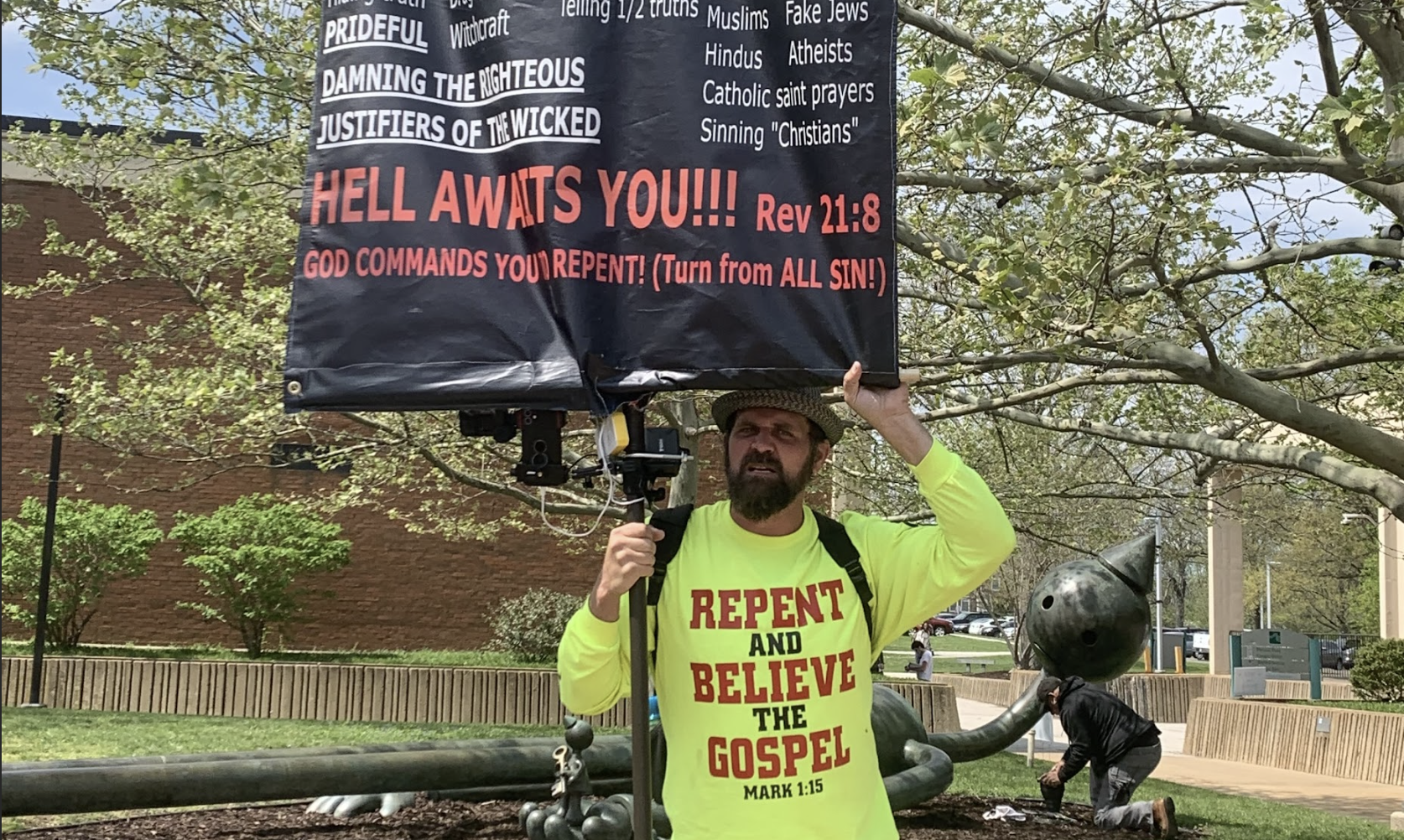Leading dictionary declares that gender-neutral pronouns are in.
By: Remy Xa, Staff Writer
For the last hundred years or so, a monster has been lurking in the dark corners of every English classroom. It lingers in texts unprepared to hold it. It is the bane of professors everywhere.

This brooding four-letter beast has existed in the English language since the mid 14th century. It dwells in the minds and mouths of all who have ever deigned the idea of using one word in the place of another word.
The poet Shakespeare, in his hubris, believed he could contain this semiotic horror within his plays. For this egregious sin, we now continually study the troubadour’s plays in every American high school.
With each passing day, people speak the name of this monstrosity, a travesty upon the grammatical system, whether they are aware of it or not.
Today we may rejoice for it is my pleasure to announce that the singular usage of the pronoun “they” is a condemned symbol no more.
That’s right, fearful citizens. This September, the premiere denotative body of the English language, Merriam- Webster’s Dictionary, has declared that we humble speakers of the English language are now free to use “they” to refer to a single person of unspecified gender as we please. The English language gods have also declared that we may use “they” to refer to a person with a nonbinary gender identity. Our little monster has grown from being the bane of English professors internationally and ascended into the hallowed ranks of lexical preservation. What a relief.
Readers may recall Merriam- Webster’s Dictionary from its propensity for appearing unannounced in the introductions of college essays everywhere, and perhaps justly so: this dictionary is on the forefront for recognizing how culture changes and shapes our language.
This year’s print release will include the new singular usage of “they” in its incoming freshman class, joining other newly immortalized words like “deep state,” “pickle-ball,” and “dad joke.” Merriam-Webster follows in the example of most other style guides—including the Associated Press, the MLA style manual, and the APA style manual—in accepting the usage of “they” as an indefinite singular pronoun. These changes are bold steps toward recognizing and normalizing the gender identities of all members of this diverse and expanding world.
What does it mean to recognize the existence of a singular, indefinite, gender-neutral pronoun?
First, we must recognize that English is an inherently gendered language. Gender is a set of cultural expressions and roles, traditionally categorized as masculine or feminine. The social construct which views gender as either man or woman, with no expression between or beyond, is the gender binary.
Being nonbinary describes an individual who identifies as neither a man or a woman. The pronoun “they” can be used to recognize these individuals who may not align with the pronouns of “he” or “she.”
Using this genderless singular ponoun, English speakers can now avoid making assumptions about people whose gender they don’t know. Language itself is becoming more fluid and intuitive for today’s world.
Look at it this way: Before this change, simple sentences like “Ask your siblings what they would like on the pizza” and “If Chadwick Boseman or Carly Rae Jepsen appeared at my apartment with a bucket of puppies, I would invite them inside and begin weeping openly” would have been deemed “ungrammatical.” Now, there are no semantic boogeymen to hide from!
Having a generic “they” pronoun is useful for everyone, not just nonbinary people.
This change in grammar rejects the evolution of our language, a bounty each of us can relish in.
Go ahead, do away with those clumsy repeated “he or she” sentence constructions. Text a friend, “hey, our uber’s here, let’s go meet them downstairs”—I won’t tell. Santa will just have to use another grammatical faux pas to deem you naughty this year. Just don’t do something silly, like imply that the name of Mary Shelley’s monster is Frankenstein. You just might be visited by the true monster lurking inside English classrooms this Halloween: a shameless pedant.











